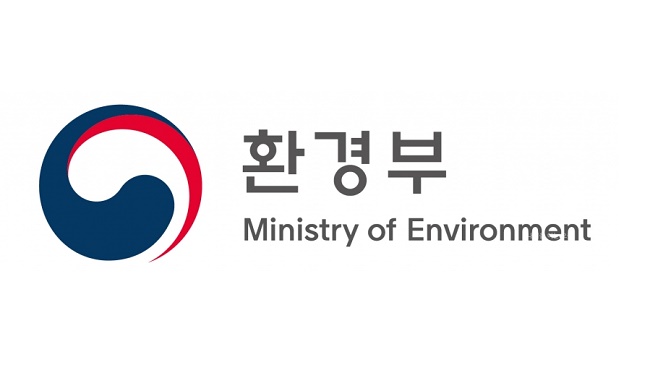
Photo. Ministry of Environment
As the Ministry of Environment is expected to increase the amount of secondary battery waste for charging, it will promote the recycling pilot project with 10 local governments including Changwon City for four months.
The pilot project will include the Korea Environment Corporation, the Korea Battery Recycling Association, and the waste secondary battery recycling companies.
In the meantime, the auxiliary battery for charging has not been specified in the statutes such as the duty of recovery and recycling of producers, recycling methods and standards, and most of them have been simply discarded or only partially recovered and recycled.
According to the research service conducted by the Korea Environment Corporation in February this year, the amount of lithium secondary battery waste is expected to increase gradually.
Lithium secondary battery wastes include valuable metals such as silver and lithium, so recycling and recycling rates are expected to increase if proper recovery systems are equipped.
This pilot project will be implemented to build a recycling system reflecting the trend of increasing the amount of lithium secondary battery waste.
First, local residents will also discharge a rechargeable auxiliary battery to the existing waste battery separation collection box. Since then, collection companies by local governments will transport waste batteries and rechargeable auxiliary batteries to the collection hall to select and store them first.
Waste batteries stored in the collection area are collected directly by the recycler or the local area collection through the Korea Battery Recycling Association on a regular basis according to the amount of storage by region.
It selects the charge secondary battery separately from the current producer responsibility recycling system (EPR) object item * the second and the waste secondary battery recycling enterprise recycles.
The Ministry of Environment will announce the correct separation and discharge method of the charging auxiliary battery through this pilot project and use the pilot project results to improve the recovery and recycling system.
The chargeable auxiliary battery is a plastic-like appearance that is mistakenly discarded in the waste plastic separation collection box and is shocked during the transportation process, which can cause a fire accident.
Therefore, it will be induced to discharge it to the waste battery separation collection box when separating and discharging, and plans will be made to safely transport it so that the impact will not be applied during the subsequent transportation process.
“This pilot project will provide a systematic improvement of the recovery and recycling system of the auxiliary battery for charging, which will make it one step closer to realizing a sustainable circulation economy,” said Lee Young-ki, a resource circulation policy officer at the Ministry of Environment.